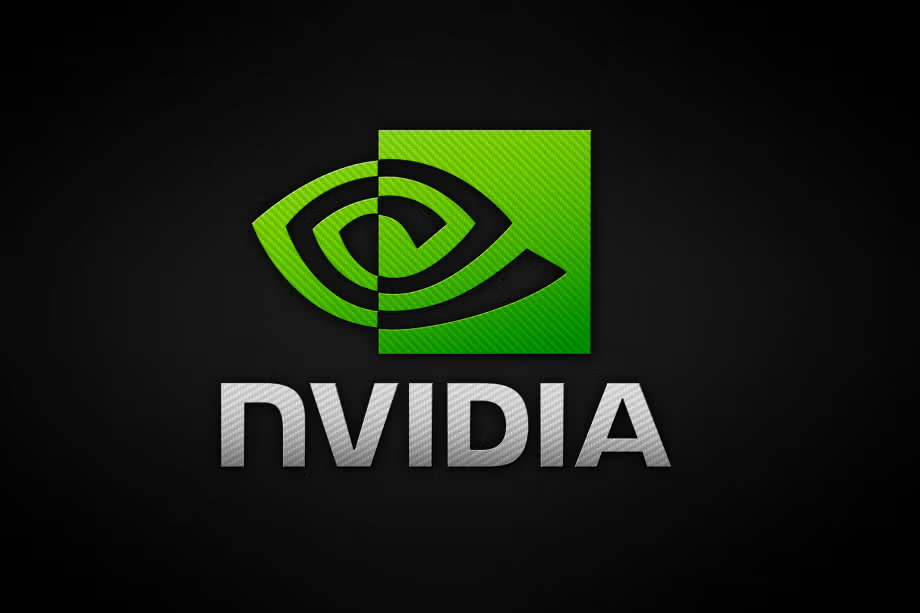Nvidia's Ascent to $5 Trillion: AI Drives Historic Valuation
Nvidia (NVDA), a name synonymous with innovation in graphics processing units (GPUs) and artificial intelligence (AI), has achieved a historic milestone, briefly surpassing a $5 trillion market capitalization. This landmark achievement underscores Nvidia's dominance in the AI chip market and reflects the explosive growth of AI applications worldwide. While the valuation has fluctuated, with the company's market cap standing at approximately $4.71 trillion as of November 12, 2025, Nvidia remains a titan in the tech landscape.
The AI Boom: Fueling Nvidia's Growth
The surge in Nvidia's valuation is inextricably linked to the global AI boom. The company's GPUs, initially designed for gaming, have proven exceptionally well-suited for the computationally intensive tasks required for AI development and deployment. This has opened up a vast new market for Nvidia, significantly driving stock prices higher. Nvidia currently controls more than 80% of the market for GPUs used in training and deploying AI models. The company provides chips for over 75% of the world's TOP500 supercomputers.
Several factors have contributed to Nvidia's success in capitalizing on the AI wave:
- Dominance in GPU Technology: Nvidia's GeForce GPUs have long been the preferred choice for PC gamers, securing a dominant market share. The ongoing popularity of gaming, fueled by increasingly realistic graphics and esports growth, continues to underpin Nvidia's revenue streams.
- CUDA Platform: Nvidia invested over a billion dollars to develop CUDA, a software platform and API that enabled GPUs to run massively parallel programs for a broad range of compute-intensive applications. The CUDA ecosystem, with its maturity and seamless integration with AI frameworks like PyTorch and TensorFlow, creates a formidable "moat" that fosters significant vendor lock-in.
- Data Center Growth: The rise of cloud computing and AI has made Nvidia's data center business increasingly vital, providing high-performance computing solutions.
- Strategic Partnerships: Nvidia has formed strategic partnerships with major tech companies, enhancing its market reach and capabilities. Collaborations with firms in cloud computing, automotive, and enterprise software enable Nvidia to integrate its technology into a broader range of applications.
Competition and Challenges
While Nvidia currently dominates the AI chip market, it faces increasing competition from several sources:
- Established Competitors: Advanced Micro Devices (AMD) and Intel are the primary competitors in the GPU and AI accelerator market. AMD has made strides with its MI series GPUs and the acquisition of Xilinx, adding FPGA capabilities to its portfolio. Intel's Gaudi processors, developed by Habana Labs, aim to challenge Nvidia's GPUs.
- Custom Silicon by Tech Giants: Companies like Google, Amazon, Microsoft, Apple and others are developing their own AI hardware. Google's Tensor Processing Units (TPUs) power Google's internal AI workloads and are available through Google Cloud. Amazon and Microsoft are developing in-house AI chips like Amazon's Trainium and Microsoft's Athena, signaling a shift away from dependence on third-party providers.
- Geopolitical Risks: U.S. export restrictions impacting AI chip sales to China pose a challenge for Nvidia.
Future Prospects
Despite these challenges, analysts remain largely optimistic about Nvidia's future prospects. The AI market is projected to grow at a significant rate through 2030, supporting Nvidia's revenue forecasts. The company's commitment to innovation, strategic partnerships, and expansion into new markets positions it well for continued growth. Nvidia is actively exploring new markets beyond gaming and data centers, including autonomous vehicles and edge computing.
Nvidia's journey to a $5 trillion valuation is a testament to its technological prowess and strategic vision. While the company faces competition and other challenges, its dominant position in the AI chip market and its commitment to innovation suggest that it is well-positioned to continue its growth trajectory in the years to come.















